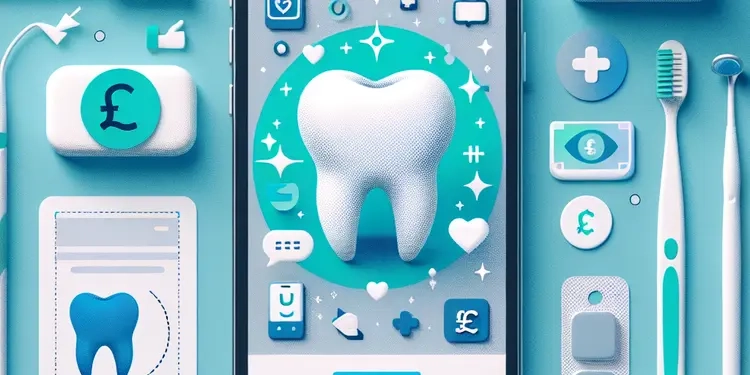
Find Help
More Items From Ergsy search
-

How is tooth decay diagnosed?
Relevance: 100%
-

What are the symptoms of tooth decay?
Relevance: 100%
-
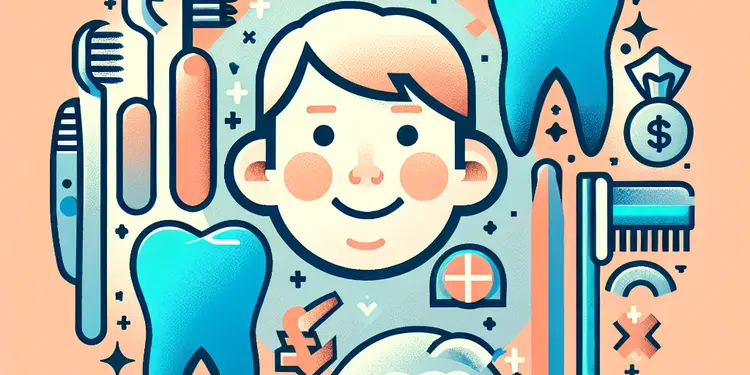
Is tooth decay common in children?
Relevance: 100%
-
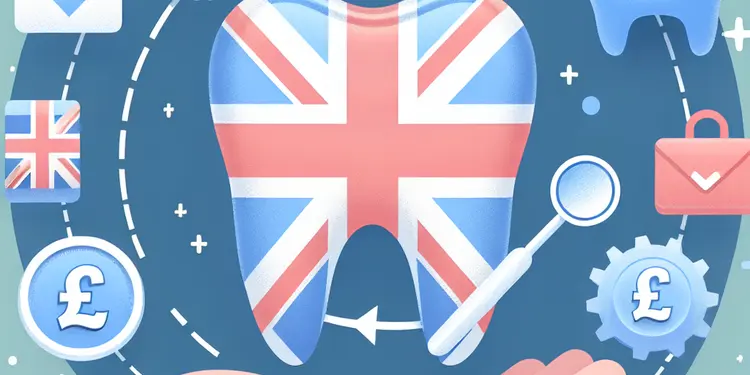
Can tooth decay be reversed?
Relevance: 100%
-
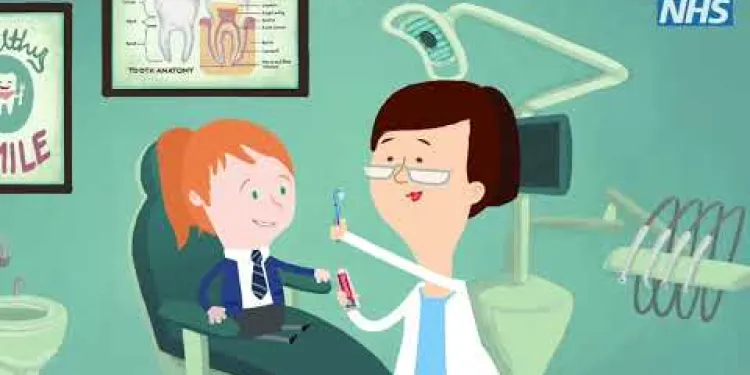
Oral Health Awareness - Tooth Decay
Relevance: 97%
-
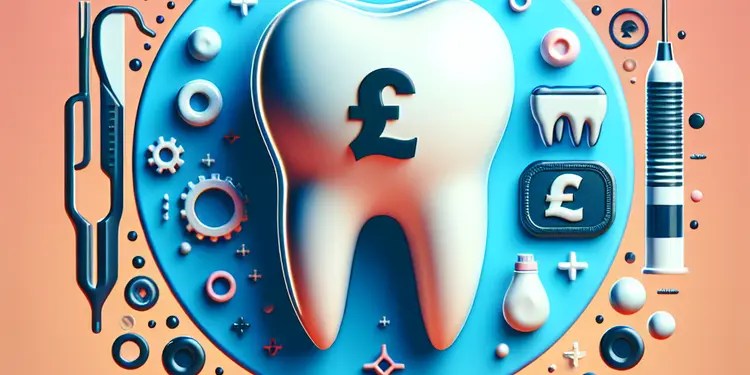
How can I prevent tooth decay?
Relevance: 95%
-

How does diet affect tooth decay?
Relevance: 93%
-

Can using mouthwash prevent tooth decay?
Relevance: 92%
-
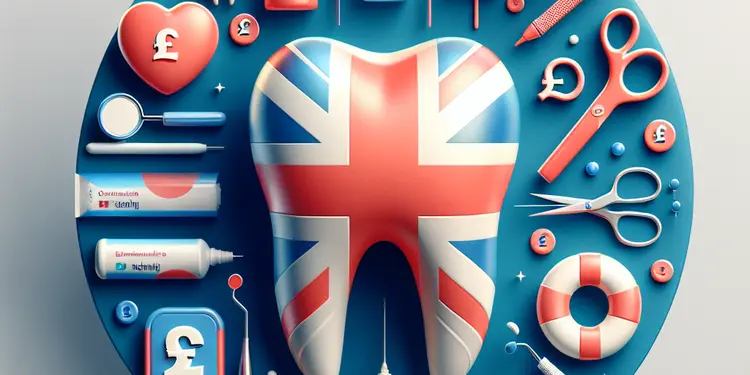
How does fluoride help prevent tooth decay?
Relevance: 86%
-
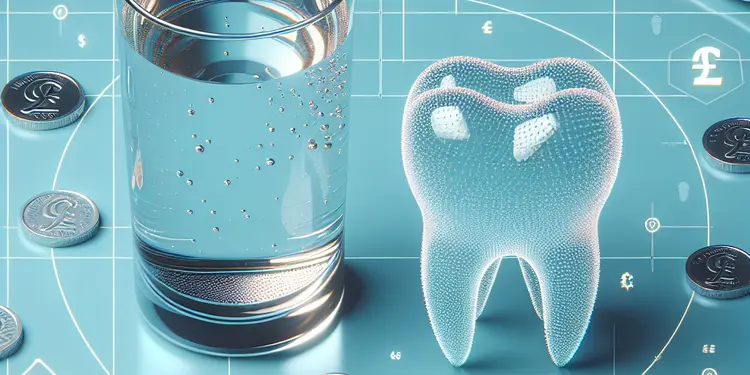
Can drinking water help prevent tooth decay?
Relevance: 86%
-

Are sugary drinks worse than sugary foods for causing tooth decay?
Relevance: 83%
-
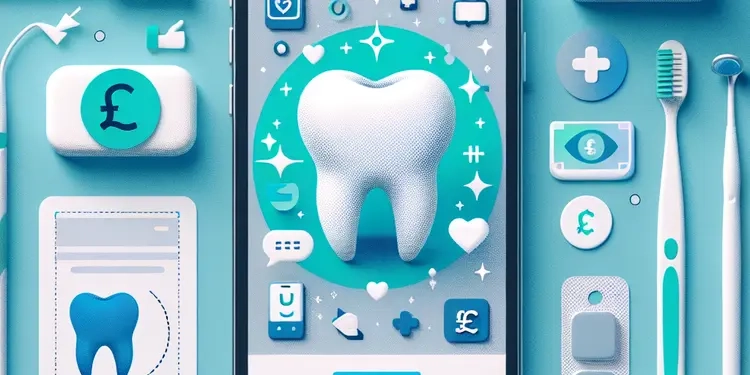
What is tooth decay?
Relevance: 77%
-
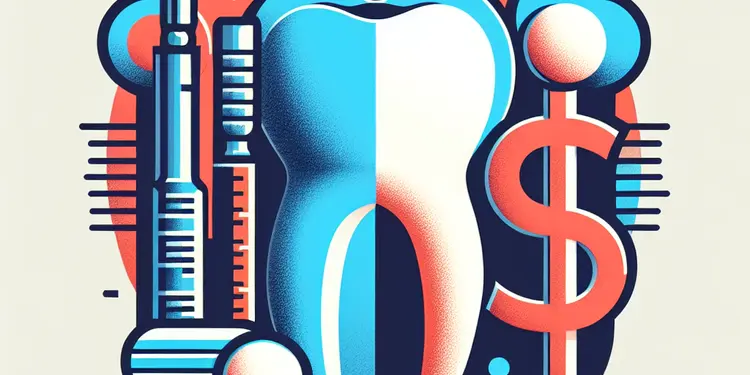
What is the role of dental sealants in preventing tooth decay?
Relevance: 77%
-
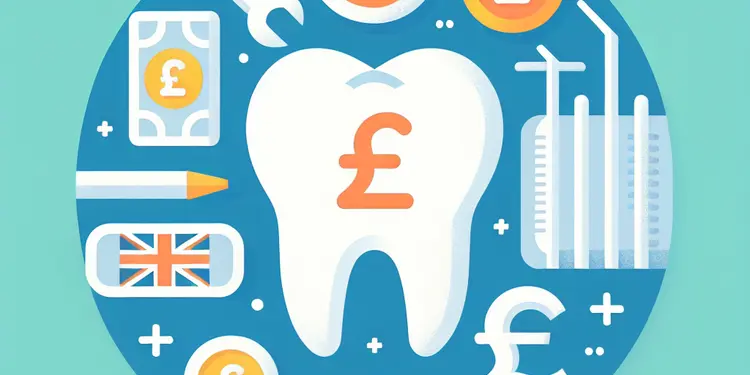
What treatments are available for tooth decay?
Relevance: 69%
-

Dental Health: Tips for All Ages
Relevance: 38%
-

How can I satisfy my sweet tooth without consuming sugar?
Relevance: 31%
-
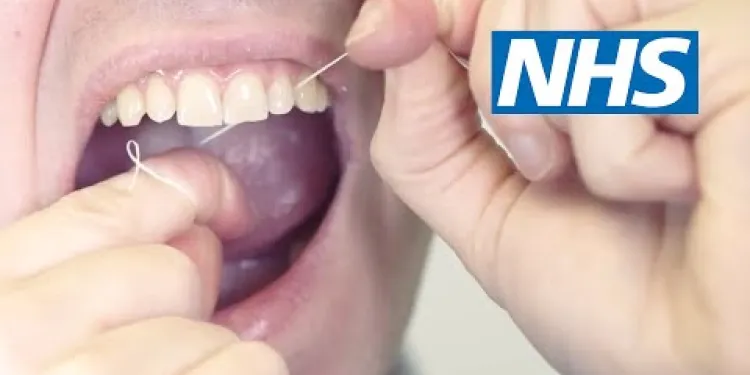
How to floss | NHS
Relevance: 28%
-

Is orange juice acidic and can it affect teeth?
Relevance: 26%
-

What treatments are covered by the NHS dental service?
Relevance: 23%
-

Are Turkey Teeth only for aesthetic purposes?
Relevance: 23%
-

How much sugar should I eat every day?
Relevance: 23%
-
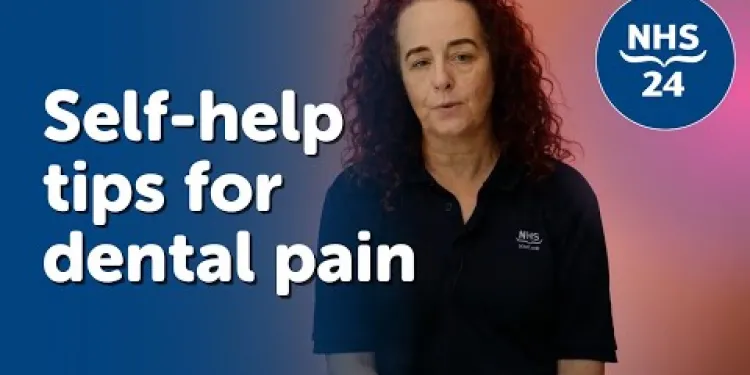
NHS 24 | Self-help tips for dental pain
Relevance: 22%
-
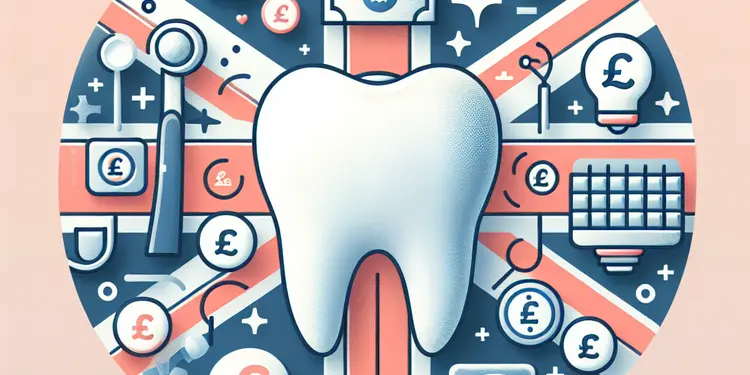
What is the difference between veneers and crowns?
Relevance: 22%
-

What are 'free sugars' and why should they be limited?
Relevance: 20%
-

What is the role of sugar in a balanced diet?
Relevance: 20%
-
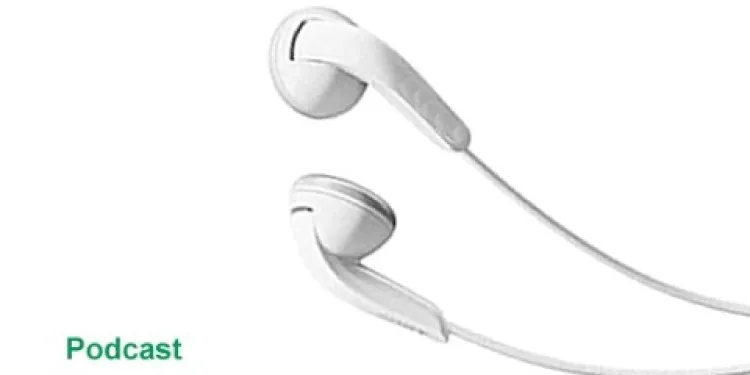
Coping with dry mouth
Relevance: 19%
-
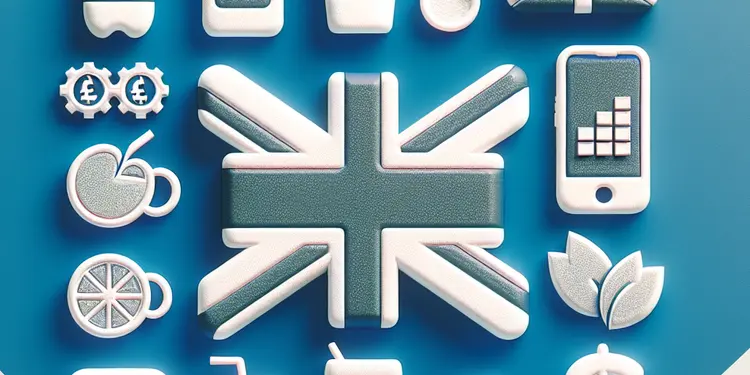
Why is it important to limit sugar intake?
Relevance: 19%
-
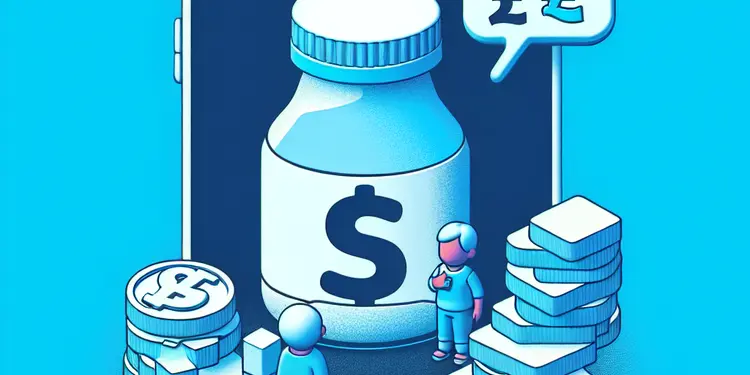
How many grams of sugar should a child consume daily?
Relevance: 19%
-

How does junk food affect health?
Relevance: 19%
-

What are the long-term goals of the sugar tax?
Relevance: 18%
-

Are Turkey Teeth the same as veneers?
Relevance: 16%
-

Can I get Turkey Teeth if I have existing dental issues?
Relevance: 15%
-
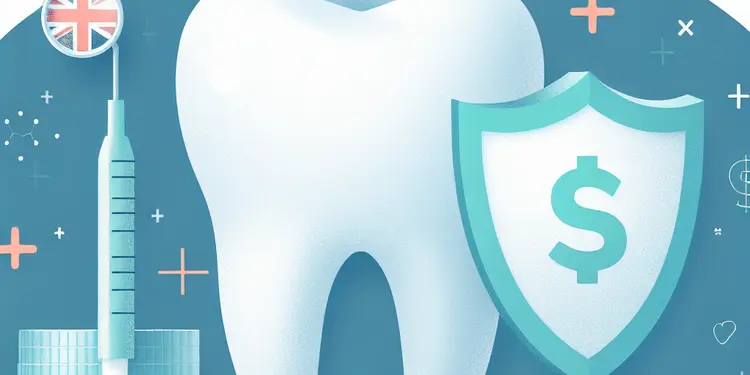
What treatments are covered by the NHS dental services?
Relevance: 13%
-

Can my child get braces on the NHS?
Relevance: 13%
-
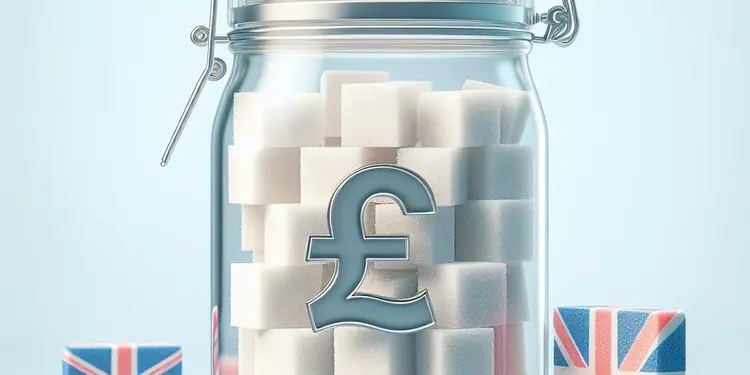
When was the sugar tax introduced in the UK?
Relevance: 13%
-

What is the purpose of the sugar tax?
Relevance: 13%
-

What is the difference between natural sugar and added sugar?
Relevance: 13%
-

What is junk food?
Relevance: 13%
-

What are common examples of junk food?
Relevance: 13%
-

What materials are used for Turkey Teeth?
Relevance: 12%
Understanding Tooth Decay
Tooth decay, often referred to as dental caries or cavities, is a common dental problem affecting individuals of all ages in the UK. It occurs when the hard, outer surface of the tooth, known as enamel, is damaged by acids produced by bacteria in the mouth. If left untreated, tooth decay can lead to pain, infection, and even tooth loss.
Causes of Tooth Decay
Tooth decay is primarily caused by the presence of dental plaque, a sticky film of bacteria that forms on the teeth. When we consume sugary or starchy foods, the bacteria in plaque feed on these sugars and produce acids. These acids can gradually erode the enamel, leading to cavities. Poor oral hygiene, insufficient fluoride, a diet high in sugar, and a lack of regular dental check-ups can increase the risk of tooth decay.
Symptoms of Tooth Decay
The early stages of tooth decay might not show any obvious symptoms, but as the condition progresses, individuals may experience toothache, sensitivity to hot or cold, visible holes or pits in the teeth, and black, brown, or white staining on the surface of the teeth. In severe cases, swelling or pus around a tooth may indicate an infection.
Prevention of Tooth Decay
Preventing tooth decay involves maintaining good oral hygiene and making healthy lifestyle choices. Brushing teeth at least twice a day with fluoride toothpaste, flossing daily to remove plaque between teeth, and reducing the intake of sugary and acidic foods and drinks are essential practices. Regular dental check-ups and professional cleanings can help detect any signs of decay early and maintain optimal oral health.
Treatment Options for Tooth Decay
The treatment for tooth decay depends on its severity. In the early stages, fluoride treatments can help restore enamel and reverse decay. However, once a cavity has formed, a dental filling is typically required to restore the tooth's structure. More advanced decay may necessitate more extensive procedures such as crowns, root canals, or even extraction. Regular visits to the dentist can ensure timely intervention and prevent the progression of decay.
The Importance of Dental Care
Maintaining good dental health is crucial for overall well-being. Tooth decay can impact one's ability to eat, speak, and smile confidently. It is essential for individuals to adopt effective oral hygiene practices and seek dental advice when needed to prevent and manage tooth decay. In the UK, various public health initiatives and dental care services aim to raise awareness and improve oral health outcomes for everyone.
Understanding Tooth Decay
Tooth decay is when teeth get damaged. It is also called dental caries or cavities. It can happen to people of any age in the UK. Tooth decay occurs when the hard outer part of the tooth, called enamel, is hurt by acids. These acids are made by germs in the mouth. If you don't fix it, tooth decay can cause pain, infection, or even losing a tooth.
Causes of Tooth Decay
Tooth decay starts because of something called dental plaque. Plaque is a sticky layer of germs that grows on your teeth. If you eat sweet or starchy foods, the germs eat the sugars and make acids. These acids can wear away the enamel and make holes in your teeth, called cavities. Not brushing your teeth well, not using fluoride toothpaste, eating lots of sugary foods, and not going to the dentist regularly can make tooth decay more likely.
Symptoms of Tooth Decay
At first, you might not notice that your teeth are decaying. But as it gets worse, you might feel a toothache, notice your teeth hurt with hot or cold, see holes or dark spots on your teeth. If it’s really bad, you might see swelling or a pus-filled spot near a tooth, which means it might be infected.
Prevention of Tooth Decay
To stop tooth decay, you need to take good care of your teeth. Brush your teeth at least twice every day with fluoride toothpaste. Floss every day to clean between your teeth. Try to eat less sugary and acidic foods and drinks. Visit the dentist for check-ups and cleanings. This will help find any decay early and keep your teeth healthy.
Treatment Options for Tooth Decay
How dentists treat tooth decay depends on how bad it is. If they catch it early, fluoride can help fix the enamel. If it's more serious, the dentist might need to fill the cavity. If the decay is very bad, the dentist might have to do more work like a crown or a root canal, or even remove the tooth. By visiting the dentist regularly, you can stop decay from getting worse and protect your teeth.
The Importance of Dental Care
Taking care of your teeth is very important for being healthy. Tooth decay can make it hard to eat, talk, and smile. It is important to keep your teeth clean and see a dentist if you need help. In the UK, there are programs and services to help people learn how to take care of their teeth better and keep them healthy.
Frequently Asked Questions
Useful Links
This website offers general information and is not a substitute for professional advice.
Always seek guidance from qualified professionals.
If you have any medical concerns or need urgent help, contact a healthcare professional or emergency services immediately.
Some of this content was generated with AI assistance. We’ve done our best to keep it accurate, helpful, and human-friendly.
- Ergsy carfully checks the information in the videos we provide here.
- Videos shown by Youtube after a video has completed, have NOT been reviewed by ERGSY.
- To view, click the arrow in centre of video.
- Most of the videos you find here will have subtitles and/or closed captions available.
- You may need to turn these on, and choose your preferred language.
- Go to the video you'd like to watch.
- If closed captions (CC) are available, settings will be visible on the bottom right of the video player.
- To turn on Captions, click settings .
- To turn off Captions, click settings again.
More Items From Ergsy search
-

How is tooth decay diagnosed?
Relevance: 100%
-

What are the symptoms of tooth decay?
Relevance: 100%
-

Is tooth decay common in children?
Relevance: 100%
-

Can tooth decay be reversed?
Relevance: 100%
-

Oral Health Awareness - Tooth Decay
Relevance: 97%
-

How can I prevent tooth decay?
Relevance: 95%
-

How does diet affect tooth decay?
Relevance: 93%
-

Can using mouthwash prevent tooth decay?
Relevance: 92%
-

How does fluoride help prevent tooth decay?
Relevance: 86%
-

Can drinking water help prevent tooth decay?
Relevance: 86%
-

Are sugary drinks worse than sugary foods for causing tooth decay?
Relevance: 83%
-

What is tooth decay?
Relevance: 77%
-

What is the role of dental sealants in preventing tooth decay?
Relevance: 77%
-

What treatments are available for tooth decay?
Relevance: 69%
-

Dental Health: Tips for All Ages
Relevance: 38%
-

How can I satisfy my sweet tooth without consuming sugar?
Relevance: 31%
-

How to floss | NHS
Relevance: 28%
-

Is orange juice acidic and can it affect teeth?
Relevance: 26%
-

What treatments are covered by the NHS dental service?
Relevance: 23%
-

Are Turkey Teeth only for aesthetic purposes?
Relevance: 23%
-

How much sugar should I eat every day?
Relevance: 23%
-

NHS 24 | Self-help tips for dental pain
Relevance: 22%
-

What is the difference between veneers and crowns?
Relevance: 22%
-

What are 'free sugars' and why should they be limited?
Relevance: 20%
-

What is the role of sugar in a balanced diet?
Relevance: 20%
-

Coping with dry mouth
Relevance: 19%
-

Why is it important to limit sugar intake?
Relevance: 19%
-

How many grams of sugar should a child consume daily?
Relevance: 19%
-

How does junk food affect health?
Relevance: 19%
-

What are the long-term goals of the sugar tax?
Relevance: 18%
-

Are Turkey Teeth the same as veneers?
Relevance: 16%
-

Can I get Turkey Teeth if I have existing dental issues?
Relevance: 15%
-

What treatments are covered by the NHS dental services?
Relevance: 13%
-

Can my child get braces on the NHS?
Relevance: 13%
-

When was the sugar tax introduced in the UK?
Relevance: 13%
-

What is the purpose of the sugar tax?
Relevance: 13%
-

What is the difference between natural sugar and added sugar?
Relevance: 13%
-

What is junk food?
Relevance: 13%
-

What are common examples of junk food?
Relevance: 13%
-

What materials are used for Turkey Teeth?
Relevance: 12%


